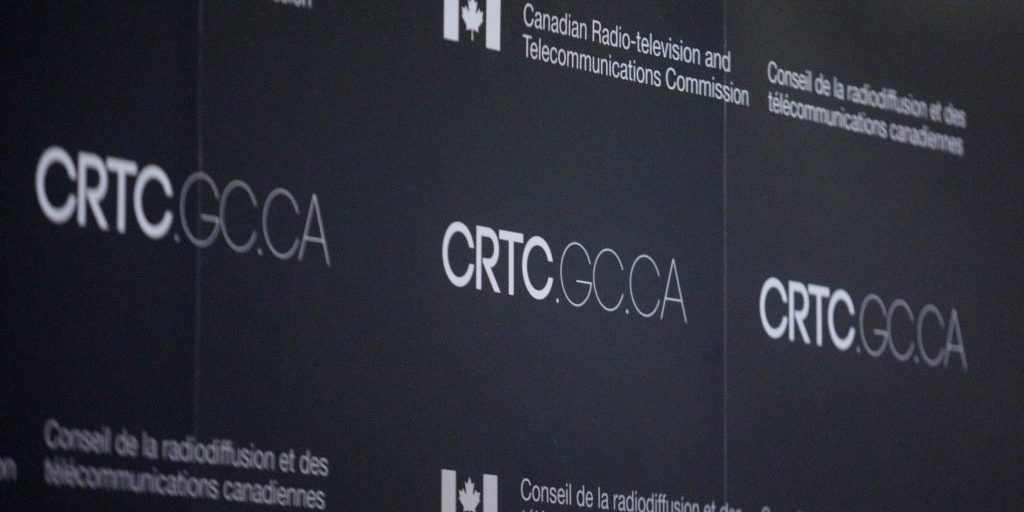
Geist researching Canadian ‘digital policy divide’
Regulatory | |September 16, 2025
A new research initiative led by University of Ottawa law professor Michael Geist aims to explore why underrepresented voices in Canada are often excluded from crucial policy discussions, an issue he describes as the country’s “digital policy divide.”
The four-year project recently secured a grant of nearly $95,000 from the Social Sciences and Humanities Research Council of Canada (SSHRC).
According to a release from the university, Geist, who holds the Canada research chair in internet and e-commerce law, contends that the exclusion of digital creators, independent media, and public interest organizations is “not an anomaly but indicative of a deeper, systemic digital policy divide.”
In an interview with The Wire Report, Geist explained his motivation for the project, reflecting on his experiences during the development of recent government bills such as Bill C-11, the Online Streaming Act, and Bill C-18, the Online News Act.
“I thought there was a real sense that it was some of the traditional, larger stakeholders who had the ear of government,” said Geist. He observed that new entrants and groups in the digital space “really struggled to have their message heard, and for, in some instances, government or MPs to take them seriously.”
He pointed to issues such as digital-first creators struggling to appear before the Canadian Heritage committee during Bill C-11 discussions, and “very few digital-first media outlets” being heard during Bill C-18 hearings before the committee moved to clause-by-clause consideration.
“It creates an uneven playing field, even in terms of the organization of these groups,” Geist said, highlighting that many emerging groups are busy building new businesses and lack the organizational infrastructure of established lobby groups.
The research will also examine CRTC decisions to see “the extent to which some of these newer, non-traditional voices are included in the ultimate decision making,” he explained.
“The CRTC often says, ‘we want to hear from more groups,’ but when you actually take a look at [its] final decisions, oftentimes they’re missing. They’re not cited, they’re not discussed. And I think that’s an important part of the process.”
READ MORE:
– FRPC report calls for greater transparency, accountability from CRTC
Chuck Lapointe, CEO of Narcity Media Group, a digital publisher and a collaborator on Geist’s project, echoed these concerns, drawing from his direct experience during policy discussions around Bill C-18.
“I think policy in Ottawa around digital media is very often oriented around legacy media, and the perspectives of digital publishers such as ours, and publishers that are quite new to the scene, are very often left in the background,” Lapointe stated in an interview with The Wire Report.
He expressed frustration over what he perceived as a “very deep lack of understanding” from policymakers regarding the realities of digital media distribution and the leverage held by tech giants like Meta Platforms Inc. in the industry.
Lapointe recounted “weeks and weeks” of conversations with government officials about the Online News Act, where he said he felt he was “talking to a wall.” He explained that policymakers “don’t fully grasp the type of leverage that [Meta] actually has and the actual impact that can have on publishers.”
When the government “called Meta’s bluff” on retaliating against the Online News Act, Meta blocked all news content on its platforms including Facebook and Instagram, a move Lapointe considers a “very failed policy.”
Lapointe explained that for digital-first players, Meta is an “extremely important partner for the distribution of their content,” providing “way more benefit” than the tech giant receives in return. In contrast, legacy media companies like BCE Inc.’s Bell Media, Postmedia Network Canada Corp., and Torstar Corp., which lobbied in support of C-18, are less impacted by the news block as they “have other means of revenue.”
“Every publisher I speak to would much prefer having Meta back as a distribution partner, than having a few $100,000 from Google, it’s just not working,” said Lapointe, asserting that digital publishers such as himself “did not want this law to happen.”
Lapointe’s own company, Narcity, managed to disconnect itself from the Online News Act after its application for a Qualified Canadian Journalism Organization (QCJO) designation was denied, sacrificing potential Google revenue to regain distribution on Meta.
“I, unfortunately, have no more hope in regards to our government’s ability to understand distribution, especially for younger audiences,” he said.
While acknowledging the government’s “good intentions in wanting to support the journalism industry,” Lapointe criticized its execution, saying it is “focused on the wrong things.” He advocates for “innovation subsidies” over payroll subsidies, and suggests that the government should instead subsidize local businesses to advertise with local media, rather than subsidize large legacy companies.
According to the University of Ottawa, a key part of the project will involve “community-driven field research.” In addition to Narcity, Geist’s team will collaborate with organizations like Village Media, Digital First Canada, and Skyship Entertainment to organize workshops and focus groups.
Geist hopes the research will “gather some evidence to get a better understanding of the issue,” develop “toolkits and processes where some of these emerging groups can more actively participate,” and ultimately “increase public participation in some of these processes and ultimately lead to better policies.”
The outcomes seen on the digital policy front have “failed in many respects,” said Geist, partly due to “faulty processes.” For instance, on Bill C-18, the government “didn’t want to hear from many of the perspectives that might have better anticipated some of the problems that legislation has now run into.”




